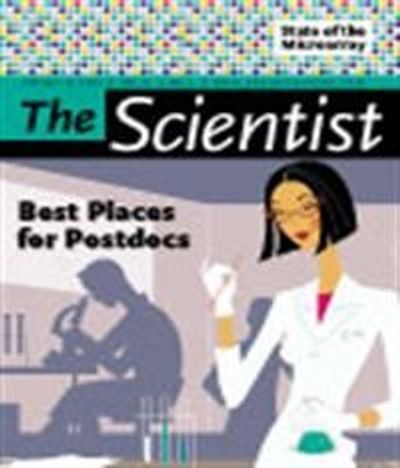File Photo | |
 | |
When giving talks on alternative careers for scientists, I often emphasize skills that nontraditional science career employers look for, such as acumen in negotiating, communicating, teamwork, good judgment, business expertise, and adaptability. This skill list--derived from materials prepared by the Stanford University Career Planning and Placement Center--has also been put to good use by postdocs and graduate students to make their laboratories better places to work.
Over the past seven years or so, postdocs have built networks to advocate for their own interests and started grass-roots associations to rally support from faculty and administration for better conditions, health insurance, and pay. More than 60 postdoc organizations and offices--most of them in the United States--lobby for their colleagues, worldwide.
What skills did they draw upon to negotiate with administration for benefits such as a postdoc bills of rights? How do these activists budget their time and keep their mentors...
Interested in reading more?




